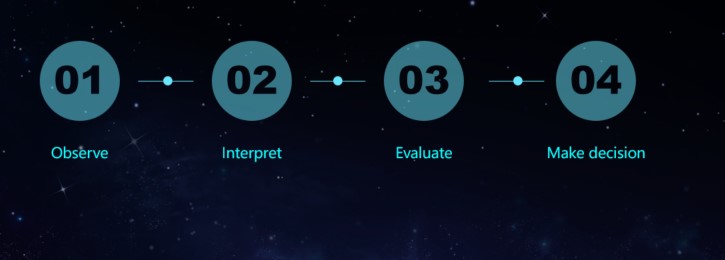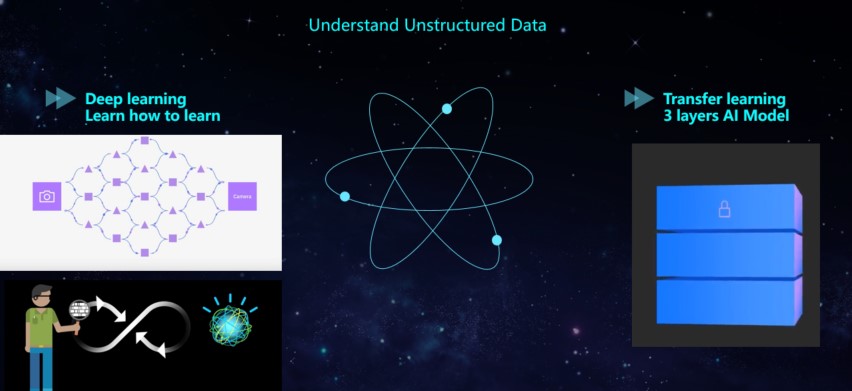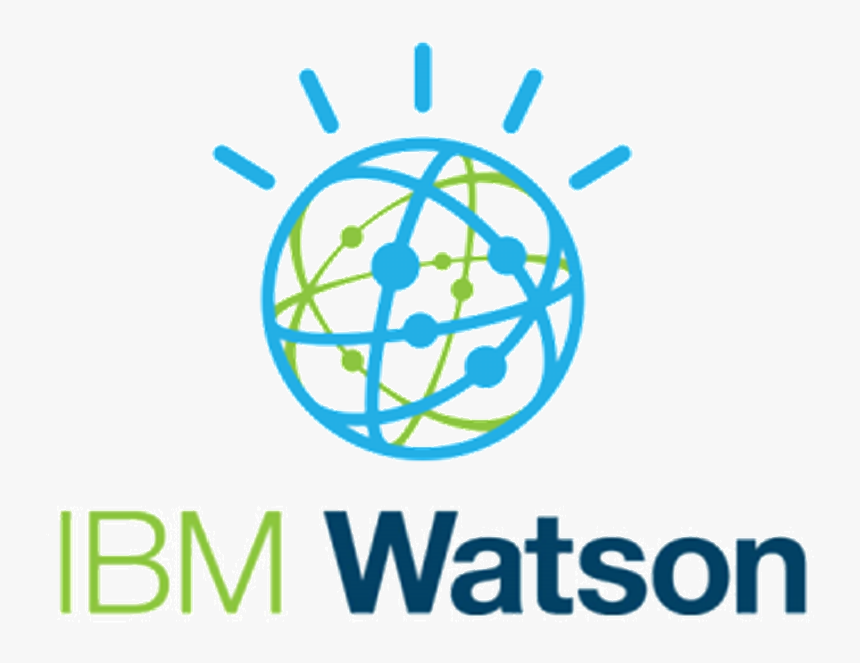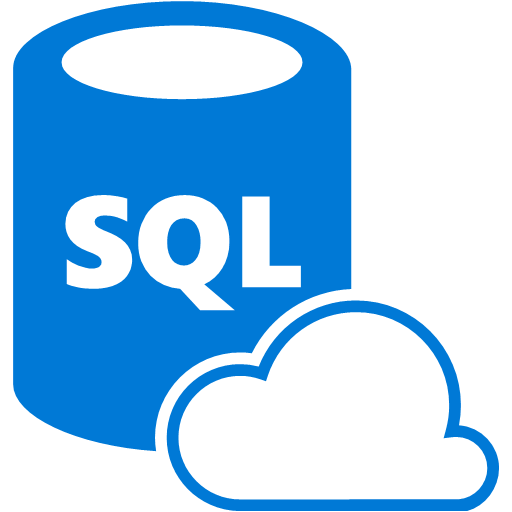In 2011, the Waston won the game at a quiz answering show called jaepardy with $77,147 leaving the two best player Rutter and Jennings in the dust with $21,600 and $24,000 respectively.
What is watson?
Watson is a question-answering computer system capable of answering questions posed in natural language, developed in IBM’s Deep QA project by a research team led by principal investigator David Ferrucci. Watson was named after IBM’s founder and first CEO, industrialist Thomas J. Watson. It was built to apply advanced natural language processing, information retrieval, knowledge representation, automated reasoning, and machine learning technologies to the field of open domain question answering.
What can watson do?
1.Watson’s very first commercial application was in the healthcare industry. In 2013, the software was put to task at Memorial Sloan Kettering Cancer Center in New York, making clinical decisions about lung cancer diagnosis and treatments. IBM Watson Health (or Doctor Watson, perhaps?) is currently used in the discovery of new drugs, patient engagement, oncology and genomics. But Watson isn’t just good at knowing how to respond to certain illnesses. IBM claims that the system’s ability to gather and apply masses of information from an exhaustive list of sources means that in some cases it can outperform human medical professionals.
2.As well as providing invaluable medical advice, Watson is also a crime-fighting vigilante. Forget the tights and cape, though – the supercomputer is battling against the digital epidemic that is cybercrime.
3.Automakers and tech companies are teaming up to create in-car systems that offer services based on passenger preferences whilst ensuring that the vehicle is aware of its surroundings and therefore safe.
4.By collecting, ordering and digesting data, AI is very useful when it comes to persuading people to part with their money. Various Watson APIs geared towards marketing have been created using the IBM Watson Developer Cloud. The North Face, for instance, uses a Watson-based Expert Personal Shopper (XPS) app to attend to customers in store.
5.It can teach you how to do it yourself by coming up with step-by-step recipes based on your own dietary requirements and favorite ingredients.
How does watson work?


To build a body of knowledge for Watson to work with on Jeopardy, researchers put together 200 million pages of content, both structured and unstructured, including dictionaries and encyclopedias. When asked a question, Watson initially analyzes it using more than 100 algorithms, identifying any names, dates, geographic locations or other entities. It also examines the phrase structure and the grammar of the question to better gauge what’s being asked. In all, it uses millions of logic rules to determine the best answers.
Today Watson is frequently being applied to new areas, which means learning new material. Researchers begin by loading Word documents, PDFs and web pages into Watson to build up its knowledge. Question and answer pairs are then added to train Watson on the subject. To answer a question, Watson searches millions of documents to find thousands of possible answers. Along the way it collects evidence and uses a scoring algorithm to rate each item’s quality. Based on that scoring, it ranks all possible answers and offers the best one. Over time, Watson learns from its experience. It’s also updated automatically as new information is published.
The future of watson
It’s an approach that brings AI to wherever the data resides – across any cloud – to help companies unearth hidden insights, automate processes and ultimately drive business performance. It’ll highlight innovative work by companies like KPMG, Air France-KLM and Humana, who have adopted the Watson Anywhere strategy to knock down data silos to bring AI to their data.
Watson Anywhere is more than just a great way of doing AI. It’s based on real innovation, at the core of which is our Cloud Pak for Data – a microservices based data and analytics platform that’s built on Red Hat OpenShift. On this platform, organizations can take Watson tools and apps to literally any cloud they wish – wherever their data resides – be it on IBM Cloud, AWS, Azure, Google, or their own private cloud.



